Through much of its storied history, UW-Madison researchers have generated numerous contributions to energy innovation. From groundbreaking discoveries to collaborative efforts across disciplines, Wisconsin has led the way in many areas of science, technology, and policy to address global energy challenges. Mark your calendars for April 23 at 4:00 p.m., when several research leaders will delve into the legacy of energy research at UW-Madison and explore what’s to come in the next 175 years of advancing toward an ever more sustainable and resilient energy future.
In-person attendees will also have the opportunity to visit the closing night of a new photo exhibit showcasing energy research history at UW-Madison, produced by Jacqueline Wisinski. Refreshments will be provided.
This forum is presented as part of the 2024 Earth Fest and UW’s 175th Anniversary, and is co-sponsored by the Energy Analysis and Policy graduate certificate program.
This event will take place both in person at the Wisconsin Energy Institute (1552 University Ave, Madison) and online via Zoom Webinar.
Schedule:
- 4:00-4:30 p.m.: Refreshments and Photo Exhibit Viewing in Room 1130 WEI
- 4:30-5:45 p.m.: Panel Discussion in Room 1115 WEI (and online via Zoom webinar)
- 5:45-6:30 p.m.: Photo Exhibit Viewing in Room 1130 WEI
The University of Wisconsin-Madison is a barrier free campus and is committed to providing equal opportunity for participation in all programs, services, and activities. If you need an accommodation for this event please let us know by emailing outreach@energy.wisc.edu or calling 608-890-0946. Requests made with less than 3 weeks’ notice will be honored when possible.
Moderator
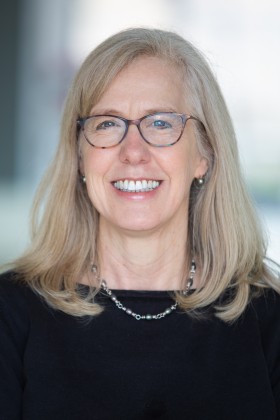 Mary Blanchard
Mary Blanchard
Associate Director, Wisconsin Energy Institute
Mary Blanchard joined the Wisconsin Energy Institute (WEI) in January of 2014 as associate director. Blanchard’s career portfolio spans business development, product management, governmental relations, and marketing. Formerly the Director of Marketing and Governmental Affairs at Virent, Inc., Blanchard brings an extensive knowledge of the biofuel industry and a broad understanding of the economic, social and environmental opportunities created by sustained, cross-disciplinary research on energy. Blanchard holds bachelor’s degrees in Electrical Engineering and English from the University of Notre Dame, a master’s degree from the London School of Economics, and a MBA from Northwestern University.
Speakers
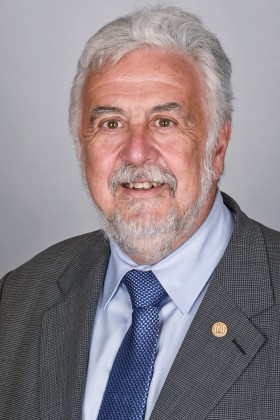 Tim Donohue
Tim Donohue
WEI & GLBRC Director, Ira L. Baldwin Professor of Bacteriology, UW Foundation Fetzer-Bascom Professor
The Wisconsin Energy Institute Director, Dr. Timothy Donohue, is Ira L. Baldwin Professor of Bacteriology and UW Foundation Fetzer-Bascom Professor at the University of Wisconsin–Madison. Dr. Donohue is an internationally-recognized expert on bio-and genome-based conversion of renewable resources into valuable products. He is a Past President and current Secretary of the American Society for Microbiology, the oldest and largest biological sciences professional society in the country. Dr. Donohue is an honorary fellow of the American Association for the Advancement of Science and the American Academy of Microbiology, has served on numerous federal and international advisory panels, and has led large federally-funded cross-disciplinary graduate training programs. Since 2007, Dr. Donohue has served as principal investigator and director of Great Lakes Bioenergy, a U.S. Department of Energy Office of Science-funded renewable fuels and chemicals research center that has trained some 1000 scientists and engineers, made advances contained in over 200 patent applications and 100 licensed technologies, and provided the scientific knowledge that has formed the basis of five start-up companies.
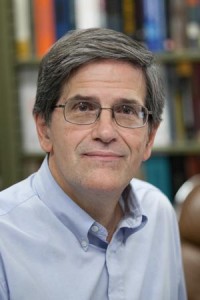 Michael Corradini
Michael Corradini
Wisconsin Distinguished Professor Emeritus of Nuclear Engineering and Engineering Physics
Michael Corradini is a mechanical and nuclear engineer with research interests centered primarily in thermal hydraulics and multiphase flow. He especially emphasizes the areas of reactor operation, reactor safety, reprocessing, and recycle and risk assessment. He is the former director of the Wisconsin Energy Institute and former director of the College of Engineering's Wisconsin Institute of Nuclear Systems. He is a member of the National Academy of Engineering and past president of the American Nuclear Society.
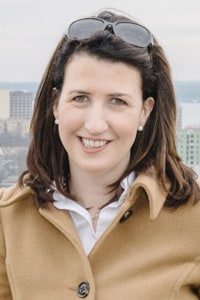
Tracey Holloway
Jeff Rudd and Jeanne Bissell Professor of Energy Analysis and Policy, Professor of Environmental Studies & Atmospheric and Oceanic Sciences
Dr. Tracey Holloway is the Jeff Rudd and Jeanne Bissell Professor of Energy Analysis and Policy at the University of Wisconsin-Madison, jointly appointed in the Nelson Institute for Environmental Studies and the Department of Atmospheric and Ocean Sciences.
Tracey describes herself as an air quality scientist, working at the intersection of air quality, energy, climate, and public health. She serves as the Team Lead for the NASA Health and Air Quality Applied Sciences Team, which connects NASA data with stakeholder interests in air quality management and public health. Tracey is also the chair of the Energy Analysis and Policy (EAP) graduate certificate program in the Nelson Institute. Tracey is a co-founder and served as the first President of the Earth Science Women’s Network “ESWN”, which has a mission of supporting the scientists of today and welcoming a diverse community of scientists for tomorrow. She was the first-ever recipient of the MIT C3E Award in Education and Mentoring, a Stanford University Leopold Leadership Fellow, an AAAS Leshner Leadership Fellow, a TEDx speaker, was awarded the 2018 UW-Madison Undergraduate Research Student Mentoring Award, and she was profiled in Nature for her work with ESWN.
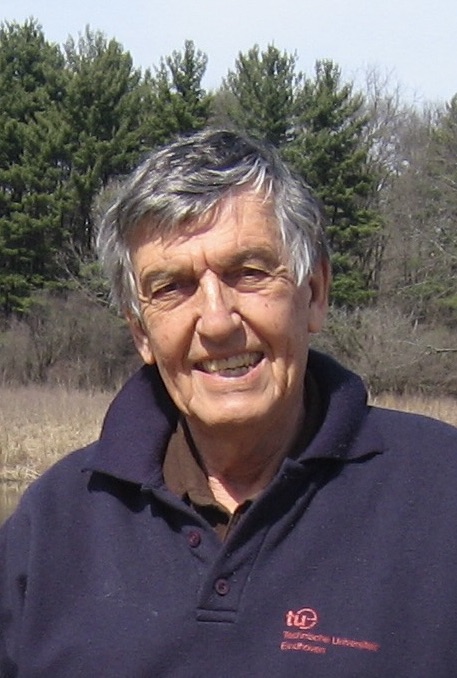 Wes Foell
Wes Foell
Retired UW-Madison Professor in Engineering and Environmental Studies; Founder, Resource Management Associates
As a faculty member, Wes taught and conducted research in the College of Engineering and the Nelson Institute for Environmental Studies. In the 1970s his energy analysis and policy research group conducted energy scenario analysis on the state of Wisconsin. This led to the development of a state energy model and the first Wisconsin energy database, eventually taken over by the Wisconsin State Energy Office, now a part of the Public Service Commission. This research was incorporated into several multi-country energy and environment research programs at the International Institute for Applied System Analysis (IIASA) in Vienna. Wes was a co-founder of UW’s Energy Analysis and Policy program (EAP) in 1980. He later founded a consulting firm, Resource Management Associates (RMA), working in Asia, Africa, Eastern Europe, and the former Soviet Union for governments and international organizations, including USAID, the United Nations, Asian Development Bank, and World Bank.
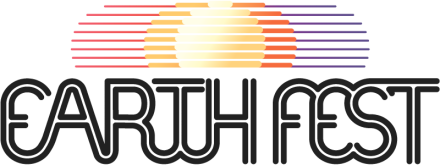
Getting to the Wisconsin Energy Institute:
By Bike: The WEI building is accessible by bike paths and city bike lanes and features ample bike racks. For more information on biking to campus, see here.
By Bus: The University and Breese Bus stop is located next to the WEI building and is serviced by route C. The Energy Institute is close to several other stops that service many other bus lines. For more information, see here.
By Car: Lot 41, which is immediately adjacent to the WEI building is free and open to the public after 4:30pm on weekdays. The WEI building is also close to the Engineering Drive Ramp (Lot 17), a ticked ramp. Please refer to this campus parking map for more information.
